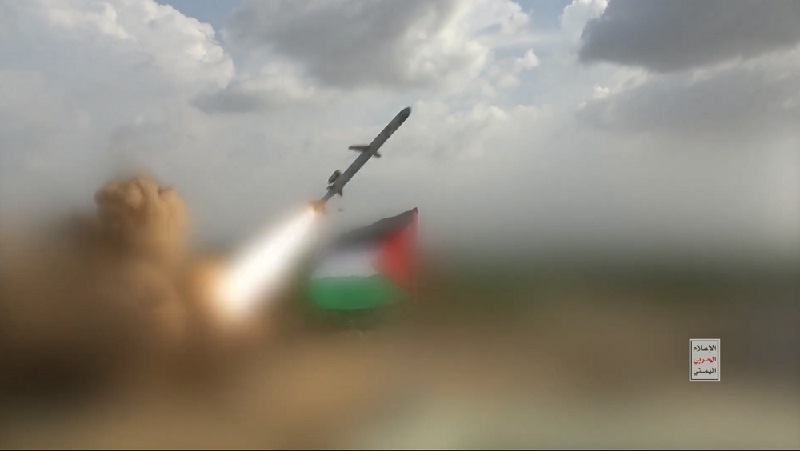Rocketry Force

Strategic Evolution in Pakistan’s Military Structure
In a significant move aimed at strengthening national defense, Prime Minister Shahbaz Sharif announced the establishment of an Army Rocket Force Command during the 14th August celebrations. This initiative reflects a strategic shift that could have long-term implications for Pakistan's military capabilities and its position in regional security dynamics.
Rockets, often categorized as long-range artillery, play a crucial role in modern warfare. These systems encompass a variety of technologies, including traditional ballistic missiles, hypersonic missiles, ground-launched cruise missiles, supersonic cruise missiles, and short-range intermediate-range ballistic missiles (IRBMs). Their versatility makes them essential assets in both offensive and defensive operations.
Historically, such weapons have been distributed across different branches of the military—Army, Air Force, and Navy—based on their intended roles. However, there is a growing trend globally toward creating specialized units focused solely on managing and deploying ballistic missile and long-range rocket artillery. This approach allows for more efficient coordination and execution of operations, which can be critical in high-stakes conflicts.
Recent events, such as the Iran-Israel conflict, highlight the effectiveness of this strategy. Iran's use of its ballistic missile arsenal to exert pressure on Israel and influence the outcome of the conflict demonstrates the power of having a dedicated force capable of sustained and coordinated operations. This kind of capability can challenge even militarily superior adversaries, making it a valuable asset in modern warfare.
China serves as another example of a nation that has long maintained a dedicated Rocket Force. By centralizing its long-range rocket inventory and area-denial weapons under a unified command, China has ensured a cohesive approach to border defense and strategic deterrence. This model underscores the importance of having a specialized unit with its own funding, training, and operational doctrine.
For Pakistan, the creation of an Army Rocket Force Command offers several advantages. It provides greater tactical flexibility, allowing the country to respond effectively to evolving threats. A dedicated force can also enhance the efficiency of missile operations, ensuring that resources are allocated and utilized optimally.
Moreover, this initiative aligns with a forward-thinking defense strategy that prioritizes preparedness and adaptability. As global security landscapes continue to shift, maintaining a robust and versatile military structure becomes increasingly important. By investing in a specialized rocket force, Pakistan is taking a proactive step toward securing its interests and deterring potential aggressors.
The decision to establish this new command reflects a broader understanding of the changing nature of warfare. In an era where technological advancements and strategic innovations play a pivotal role, having a dedicated unit for long-range rocket operations can provide a significant edge. It not only strengthens Pakistan's defensive posture but also reinforces its ability to project power and maintain stability in the region.
Overall, the formation of an Army Rocket Force Command marks a pivotal moment in Pakistan's military evolution. It signals a commitment to modernization and strategic foresight, positioning the country to navigate the complexities of contemporary security challenges with greater confidence and capability.

Comments
Post a Comment